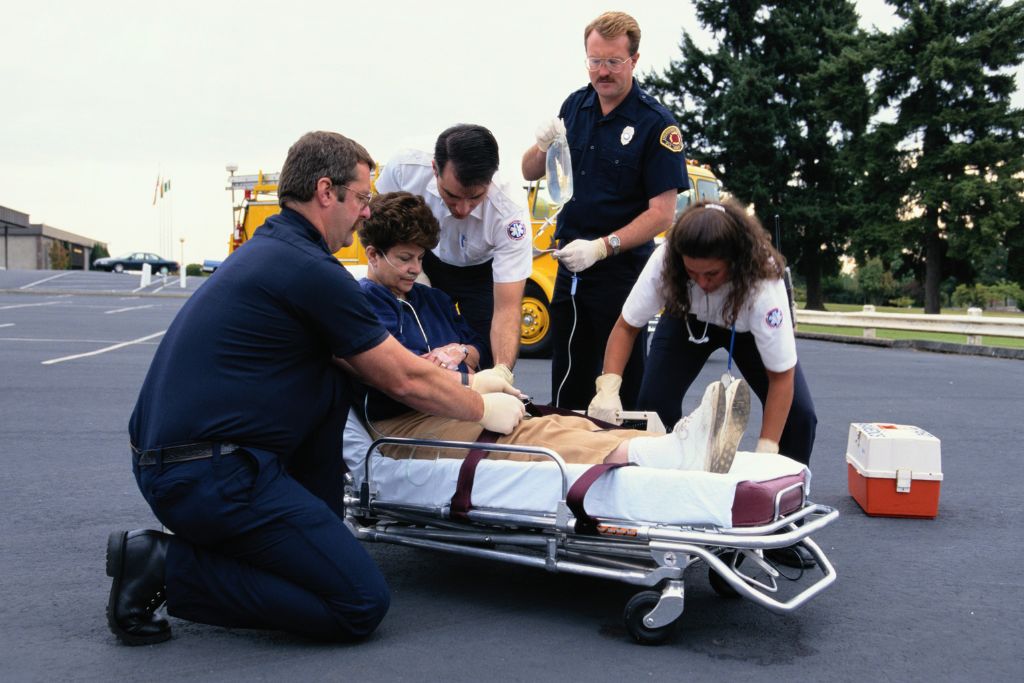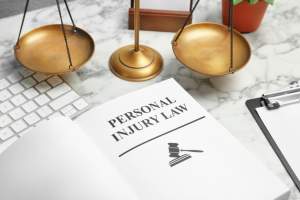Accidents can happen when you least expect them. Whether it’s an injury, a slip, and fall, or a car accident, they can all cause major damage and put a financial strain on the victim. Avoiding accidents is easier said than done. With so many things going on at once and so many distractions, it’s almost impossible to be completely alert at all times. Accidents can strike you when you do something as simple as walking down a hallway. Operating machinery without proper safety precautions is asking for trouble. To keep yourself safe from being the victim of accidents, always take precautions – even small ones can help prevent big disasters from happening. Keeping your home safe from fire and other hazards is part of staying safe, but staying inside your home is not always an option either. To stay protected from accidents in your own home, there are several safety tips that you should follow in the letter.
Plan ahead
Before getting out of the house, plan. If you are going to take a walk outside, make sure to put on your shoes and grab your phone and keys so that you can easily access them while out.

Wear the right footwear
This is obvious, but make sure you wear the right shoes when heading outside. Make sure that your sneakers are comfortable and have solid, non-slip soles for walking on slippery surfaces. You can also keep your feet from getting hurt if you slip by wearing shoes with metal or hard plastic heels.
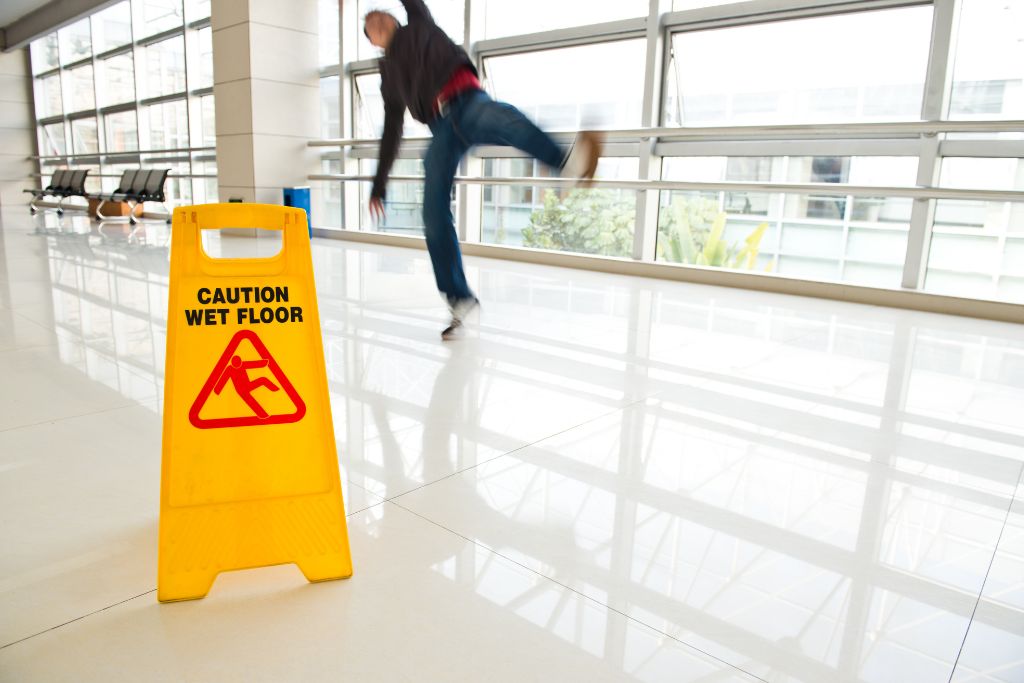
Walking in wet conditions can be tricky sometimes, but wearing athletic shoes will keep you from getting caught up in puddles and other hazards on the road. Wear a helmet when riding your bike Riding a bike is fun and convenient. But unfortunately, it isn’t always safe. Whether it’s unexpected traffic or uneven terrain, wearing a helmet will protect your head from getting hurt if something does happen to go wrong.
Lock your doors at night
Whether you lock your doors at night or use a deadbolt, it’s important to always keep intruders out. Immediately after someone enters your home without permission, the first thing they are going to do is look for any entry points. If you live in an apartment complex or other shared living spaces, this becomes even more difficult because it’s easy for an intruder to come and go as they please. A door lock isn’t just a piece of hardware that keeps people out; it also provides a sense of security in knowing that no one (not even your nosy neighbor) will be able to enter your home without permission.
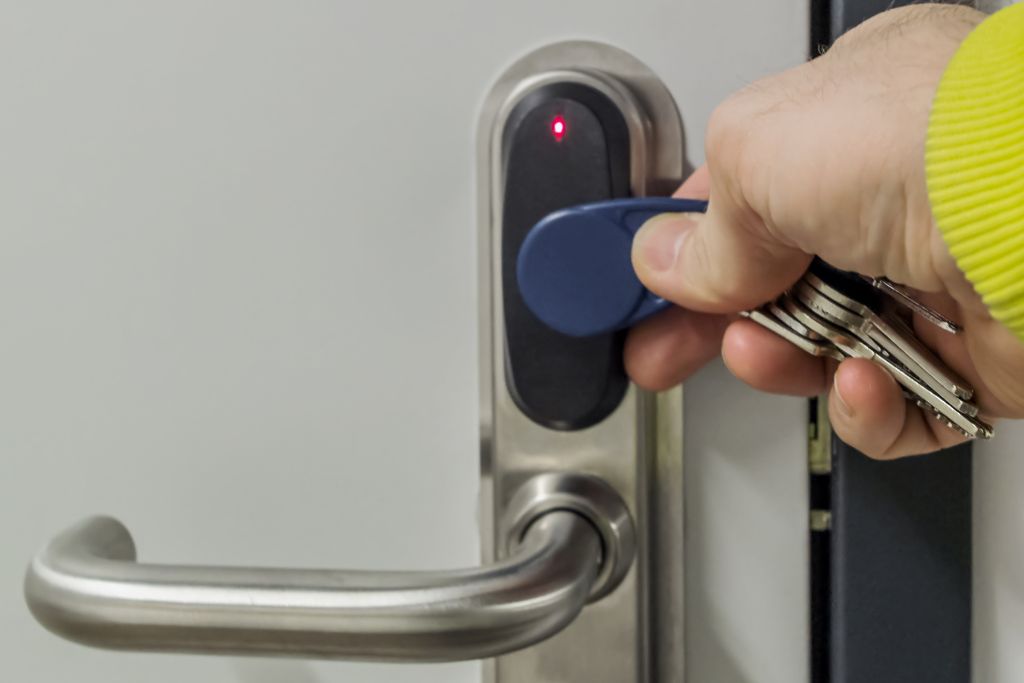
Install smoke alarms
Fire is one of the leading causes of death and injury in the home. The common misconception is that smoke alarms are only necessary for homes with children. In reality, installing smoke alarms in your home or workplace can help you avoid situations like this. When a fire occurs, smoke rises and travels quickly. If you have an alarm that detects increasing levels of smoke, the alarm will go off and potentially save your life. An important safety tip to remember is to test your smoke alarms once a month – not just when you first install them. This way, you’ll know if they are working properly and will be able to react quickly when needed.
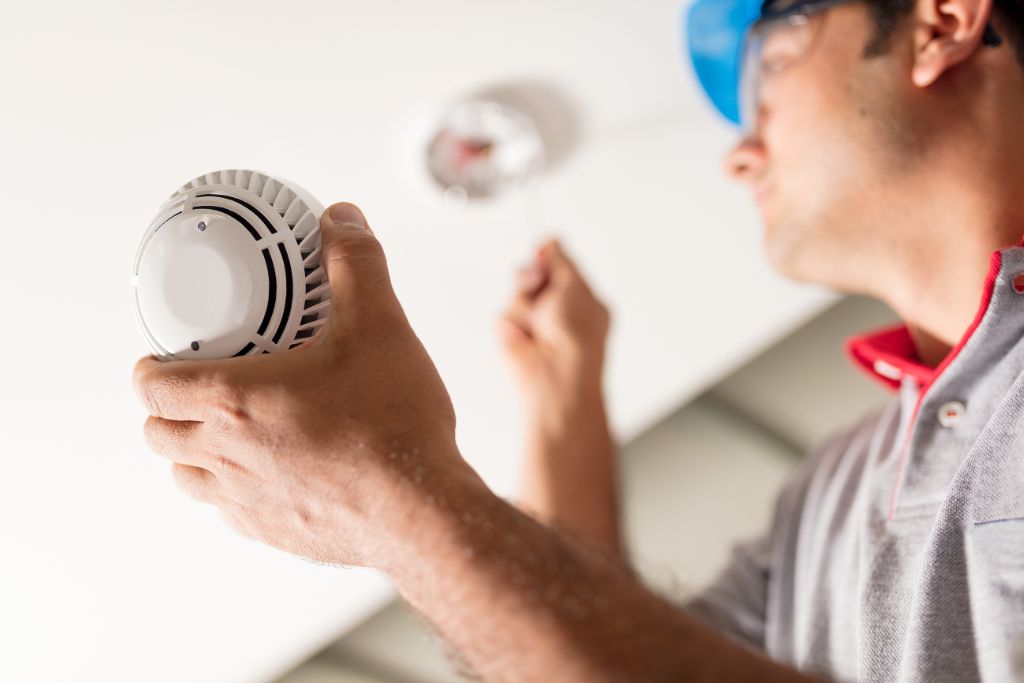
Be careful when cooking and handling home repairs
Always be careful when cooking, especially when you don’t know what you are doing. Cooking mishaps can cause fire, serious burns, and other injuries that require medical attention. Take care of any home repairs yourself so you are not feeling the pressure to hurry up and get the job done. If there is a problem with your plumbing, for example, wait for your plumber to arrive so he or she can fix it in one trip, rather than trying to handle it on your own.
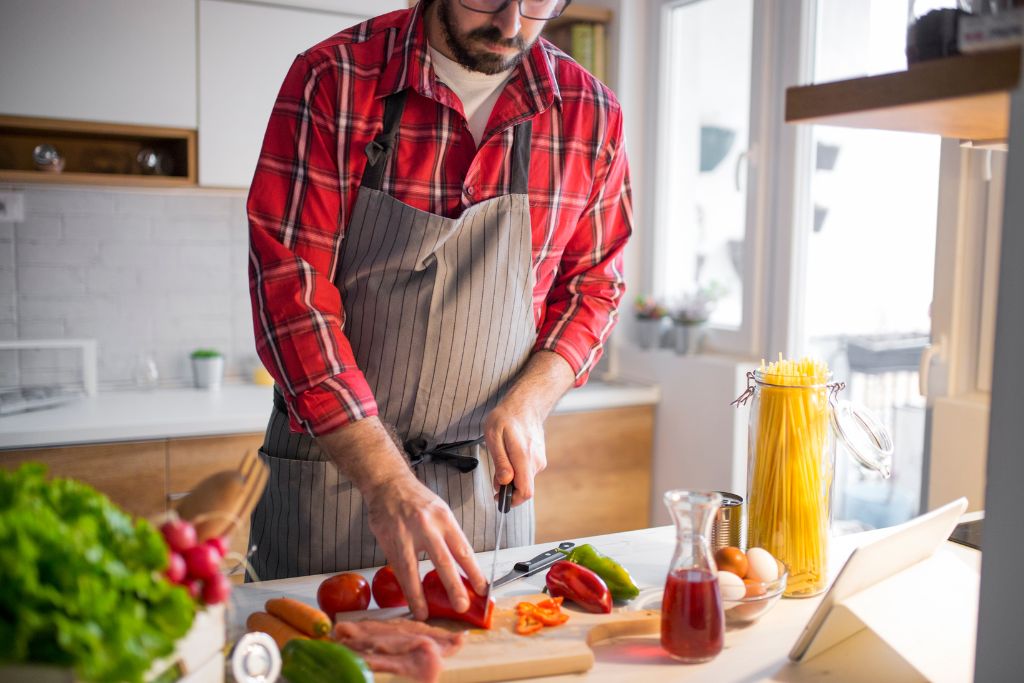
Stay informed of construction activities
Construction can be an exciting time for all involved, but it also presents many hazards. If you are not informed of what is going on around your home, then you don’t know when or where construction may take place and you can get in the way. It is always a good idea to keep up with construction activities near your home so that if they do happen, you will be prepared. Also, watch out for any work being done outside your property that could cause harm to yourself or others.
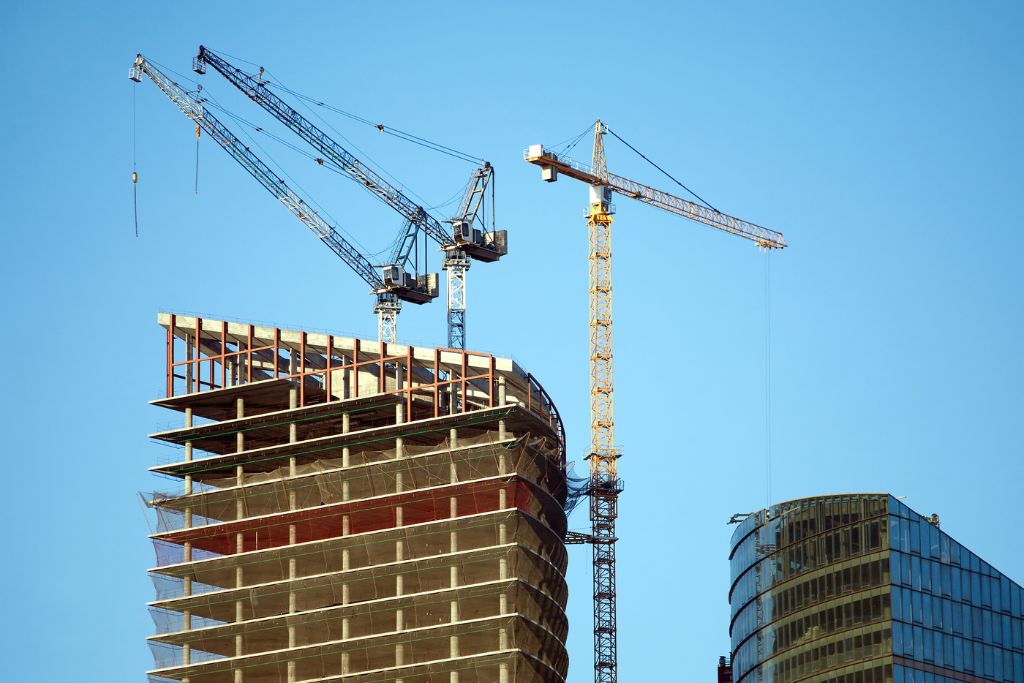
The street, sidewalks, and other areas nearby your home might be widening or changing as part of new construction projects. The best way to ensure safety is to have an understanding of what’s going on around where you live.
Always follow safety protocols at work
Working in an office can be a wonderful place, with colleagues and coworkers all around you. But it is also the perfect place for people to cause injury to others. Injuries can happen when you least expect them. Whether it’s an injury, a slip, and fall, or a car accident, they can all cause major damage and financial strain upon the victim.
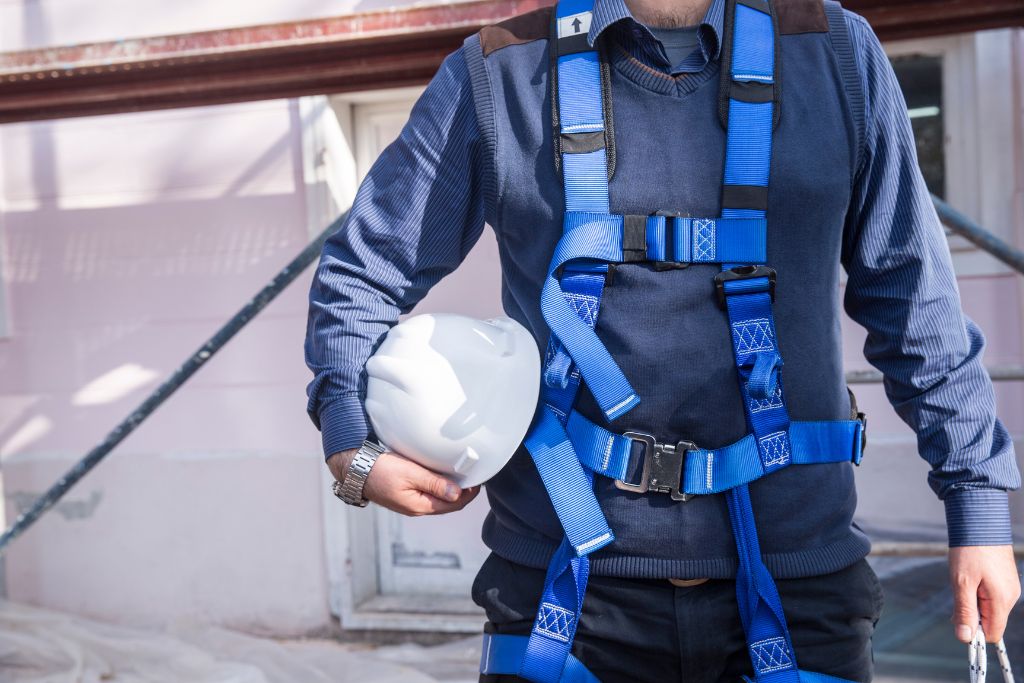
To avoid an accident from happening at work, it’s important to follow safety protocols. If there are dangerous materials around that could cause harm if not handled correctly, always follow the safety protocol on how to handle those materials. If any unsafe practices are going on in your workplace, speak up about them. Be proactive about being safe!
Conclusion
Safety should be a priority, especially in today’s world. There is no way to be too safe when you’re around dangerous objects, chemicals, or animals. These are some ways to stay safe:
1. Prepare in advance – Before working with chemicals, machinery, or animals, make plans for how to prevent mishaps.
2. Wear the proper footwear – when working around chemicals, wear shoes that don’t come in contact with the solution.
3. Install smoke alarms – on every level of your home, including your garage and basement.
4. Be careful when cooking and handling home repairs – always wear safety goggles when you’re cooking and never pull out a drill or other power tool without first shutting it off.
5. Stay informed of construction activities. If construction is taking place in your neighborhood, get up-to-date information about safety regulations so you can avoid any potential hazards.
6. Always follow safety protocols at work – always follow the procedures set by your employer or supervisor when handling equipment, chemicals, or animals.
7. Pay attention to the warning signs – When working with chemicals, learn what to do if you experience an adverse reaction so you can be better prepared for future events.

